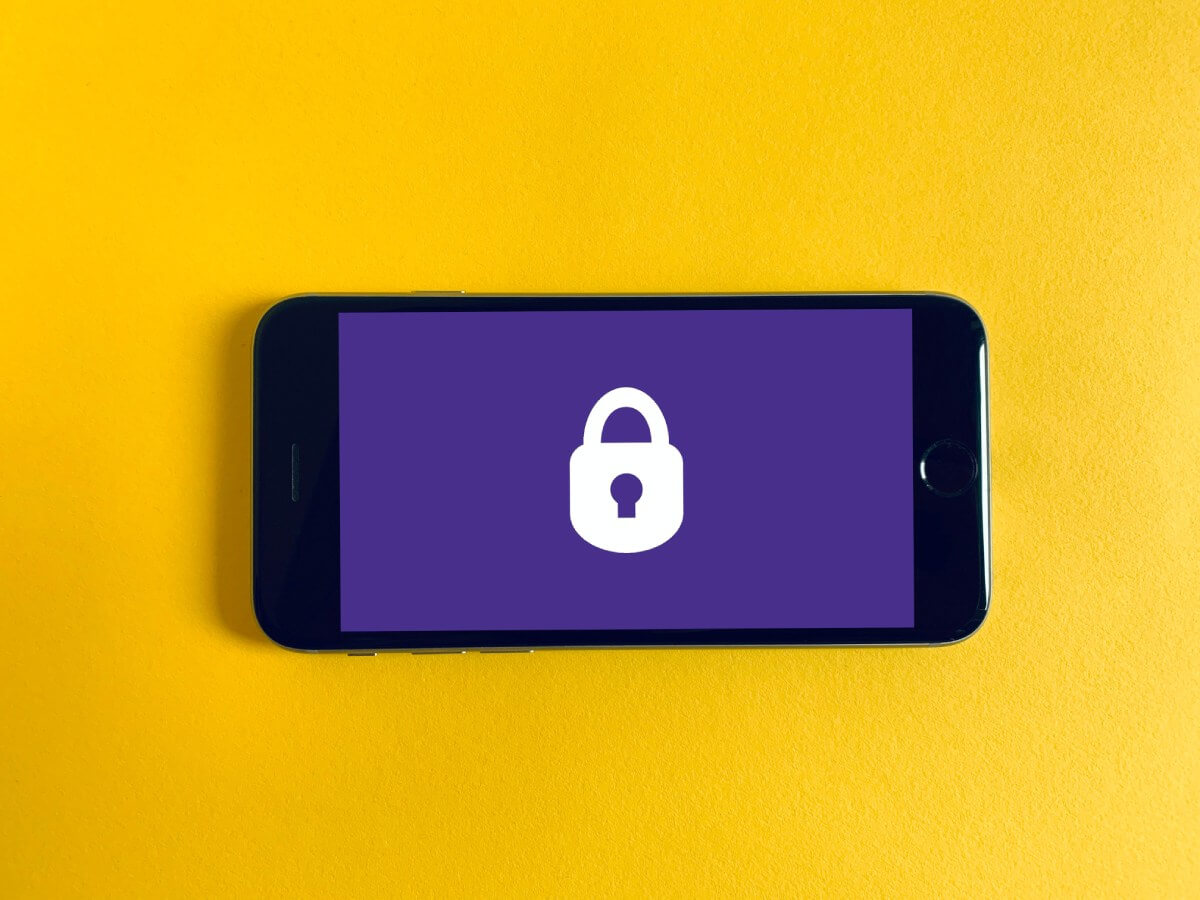- Category: July–Sep 2023 - Security in Marketing
 Remote work, home office or hybrid work, have become the norm in today's business world and that most likely will stay that way. But the more employees work remotely, the greater the company's risk of falling victim to a cyberattack, making a sophisticated and multi-layered security concept the more essential for any company.
Remote work, home office or hybrid work, have become the norm in today's business world and that most likely will stay that way. But the more employees work remotely, the greater the company's risk of falling victim to a cyberattack, making a sophisticated and multi-layered security concept the more essential for any company.
This means checking all points of attack for security, from the network to the cloud and the devices used to the individual applications. This isn’t easy, rather still represents a major challenge especially for smaller companies.
Even though the topic of IT security is often discussed intensively in the management team, IT specialists are rarely represented in the management team. Consequently, it is almost impossible for the uninformed to find out whether the company is adequately protected. And even if there is a dedicated IT department, that doesn't necessarily mean that management has a complete overview of the situation.
On the one hand, those who installed the system are fundamentally blind to how it works and therefore usually only evaluate it from their own perspective. On the other hand, no employee will ever claim that the security system they have installed does not provide adequate protection. Therefore, external cybersecurity specialists should be brought on board who can neutrally assess the system and put its security to the test.
During a vulnerability analysis, the so-called security assessment, the qualified IT security service provider examines all company resources for possible security gaps. To do this, the expert not only checks user identities, but also hardware, software, and infrastructure. These findings are then incorporated into a detailed security report that lists the vulnerabilities discovered and makes recommendations for eliminating them. Ideally, such an investigation only takes two to three weeks, allowing the company to find out how secure its systems are in a relatively short period of time. The company can then either close the discovered security gaps itself or commission the IT security service provider to do so.
In many cases, companies don't even have to purchase new software to eliminate the identified vulnerabilities. What many people don't know is that existing systems often already contain appropriate functions and applications that can be used immediately. Software packages such as Microsoft 365, for example, offer comprehensive IT security tools that simply need to be activated – be it to defend against cyberattacks, to protect customer data and hardware, or to manage users and devices.
For instance, mobile device management (MDM) is often already included, with which company-owned mobile devices are managed. If one of the end devices is lost or stolen, an MDM allows the data on it to be deactivated and deleted. Further use is that way prevented, especially by unauthorized persons. The so-called conditional access is often already integrated into the system if it is based on Microsoft 365. This feature allows to restrict access to certain company resources to specific users, devices and even countries. Experts specializing in IT security can provide advice when analyzing existing systems.
A look at the existing infrastructure reveals quickly which software licenses the company already has. The company, in turn, benefits from higher IT security, but saves enormous costs: instead of buying licenses for a new security system, it simply uses the tools provided (and already paid for), for example, in Microsoft 365.
But even with such an analysis and appropriate measures, it is not yet done as there are no limits to the creativity of cybercriminals. For this reason alone, it is important to always equip the system with the latest technologies and to regularly check for any abnormalities.
By MediaBUZZ


